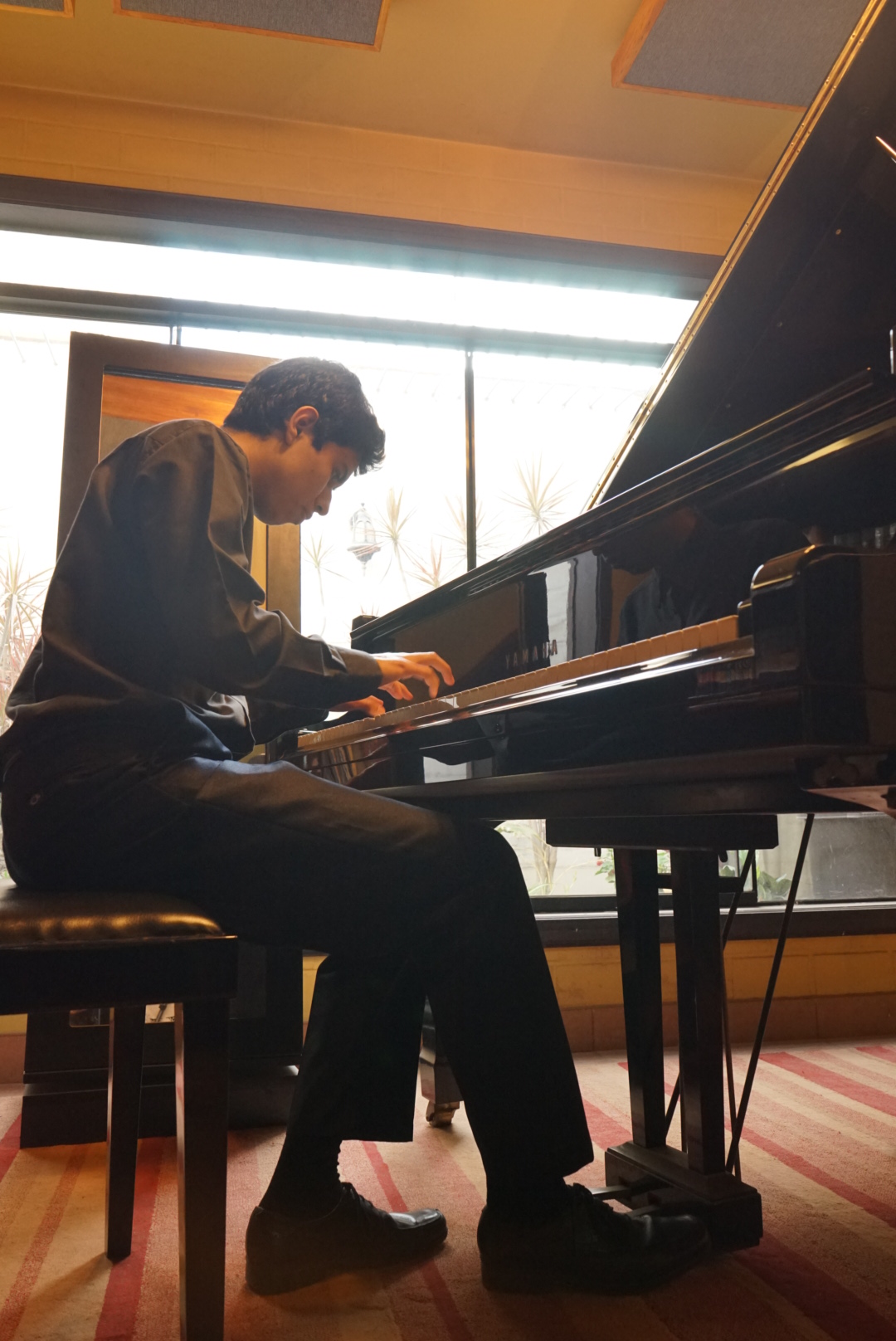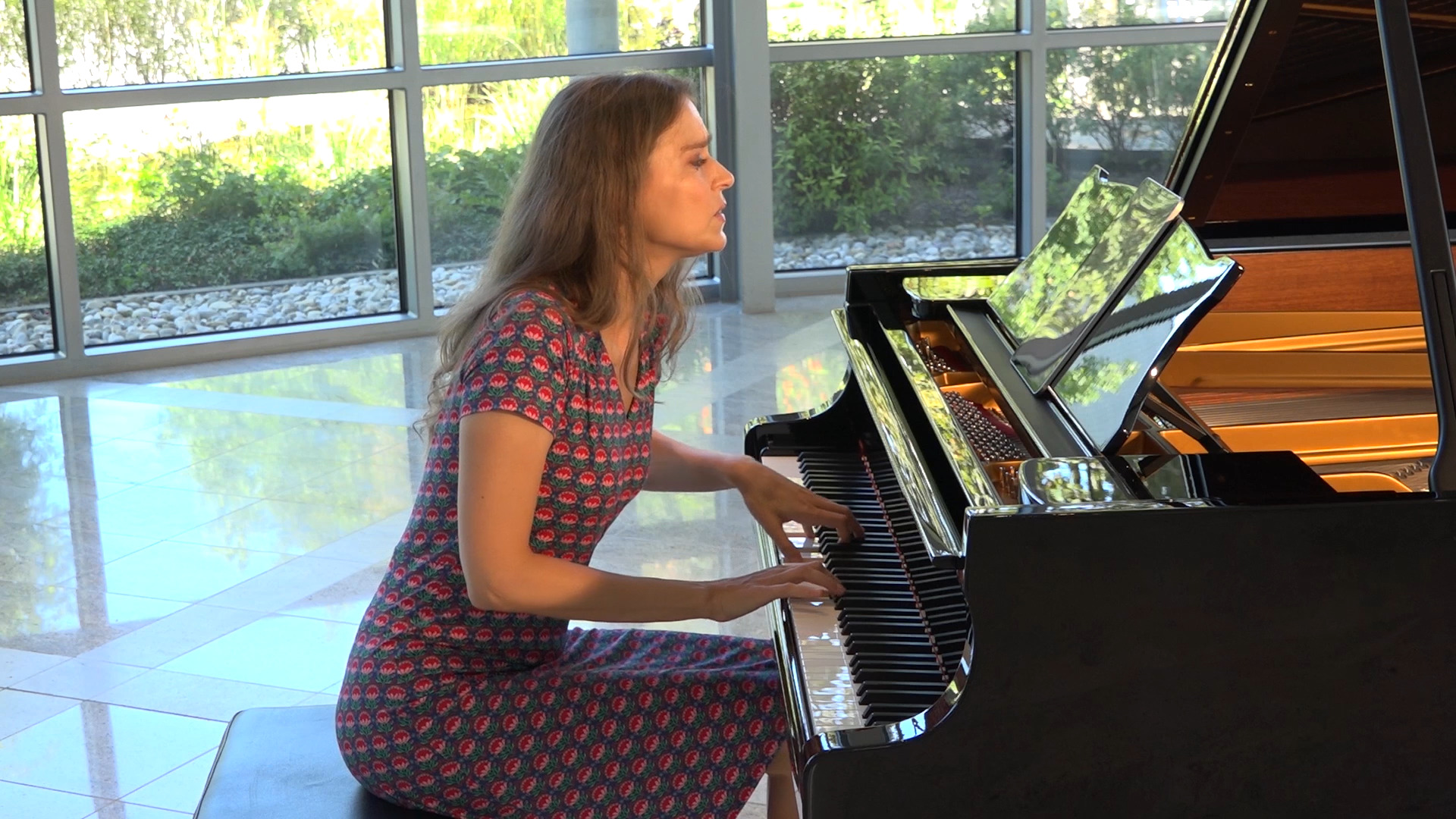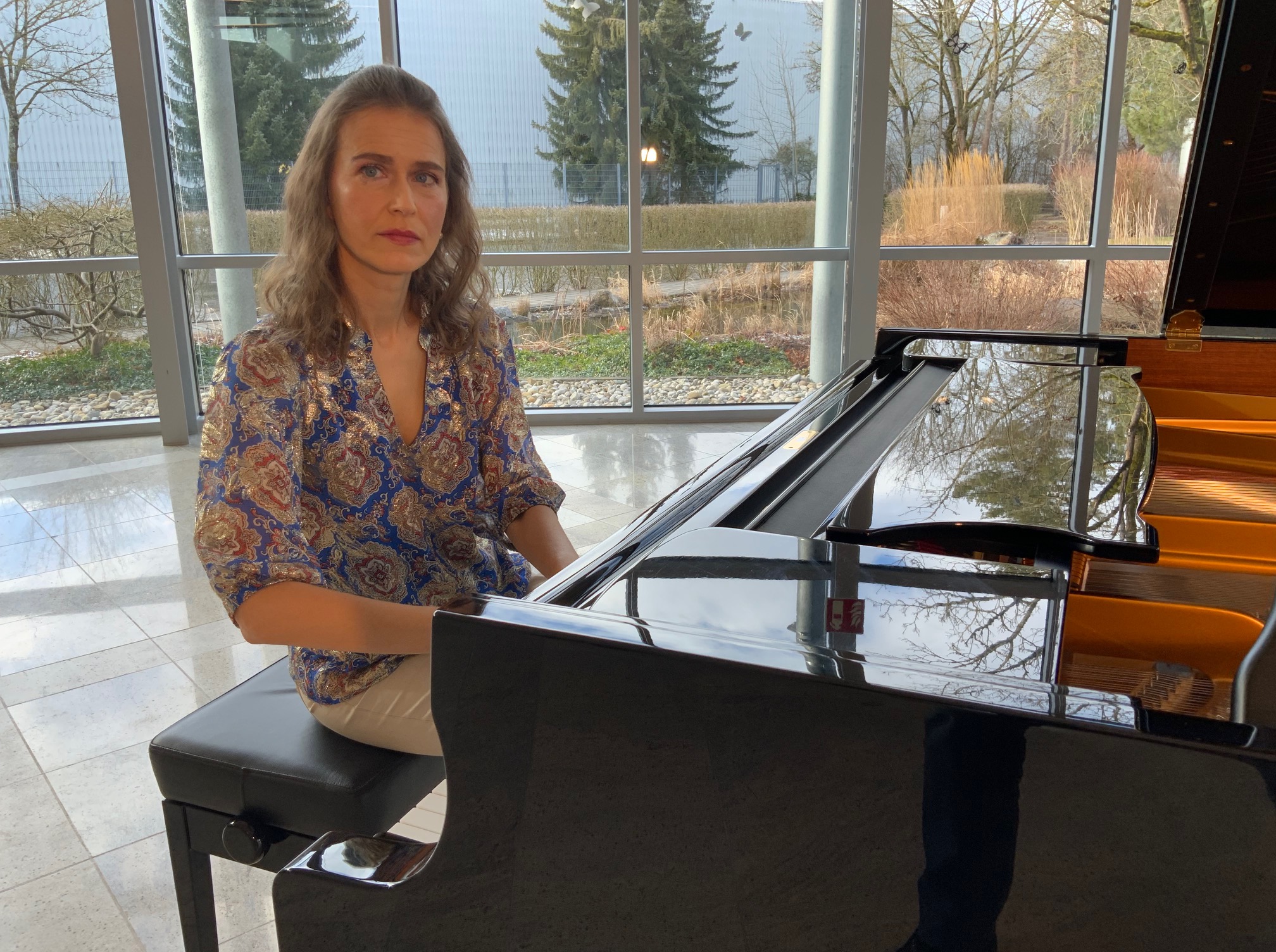About
Marco is a piano student. He was born in 2001 in the city of Lima, Peru. From his childhood he was interested in learning to play the piano. Since his childhood he was surrounded by musical instruments, which is why his interest in music began. At age 10 he began playing the piano through online tutorials. Years later he received his first piano lessons with a professional teacher. At the age of 13 he got into the National University of Music of Peru. He has participated in various stages in which he has played works by Bach, Scarlatti, Mozart, Beethoven, Chopin, Liszt, Brahms, Bartók and Katchaturian. Likewise, he has made his own compositions since he was 10 years old. In 2012 he finished his first written composition, which was influenced by genres of ballads, rock and classical musician. Nowadays some of his compositions are on the MuseScore platform.


